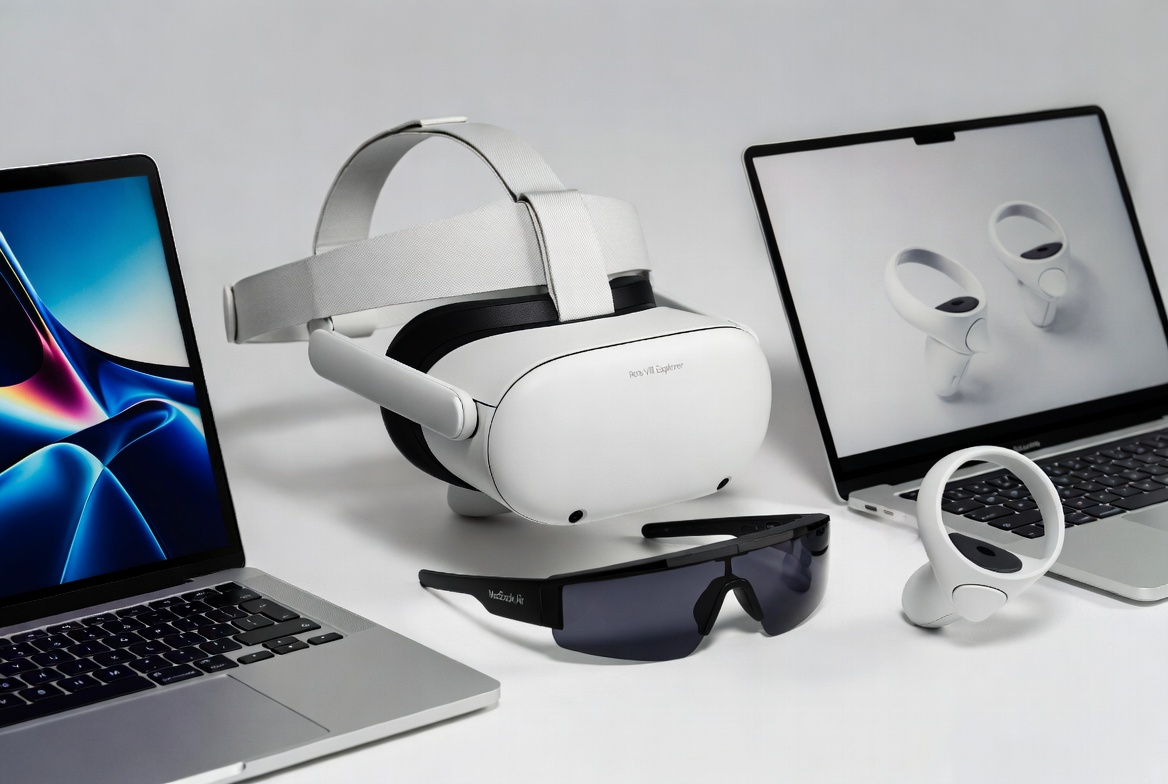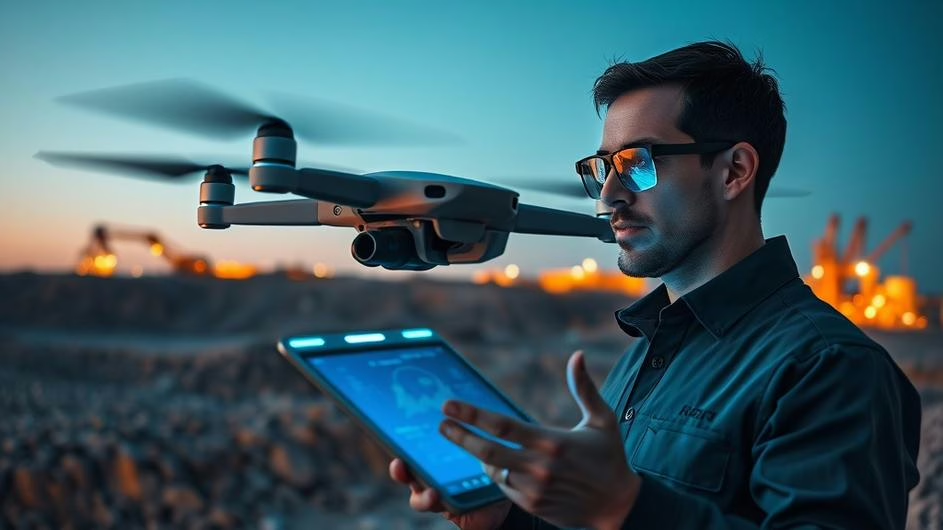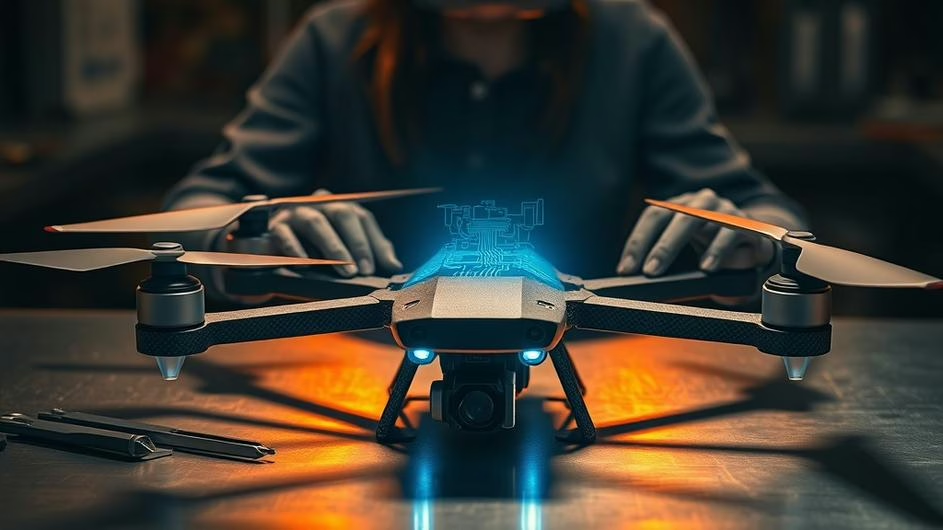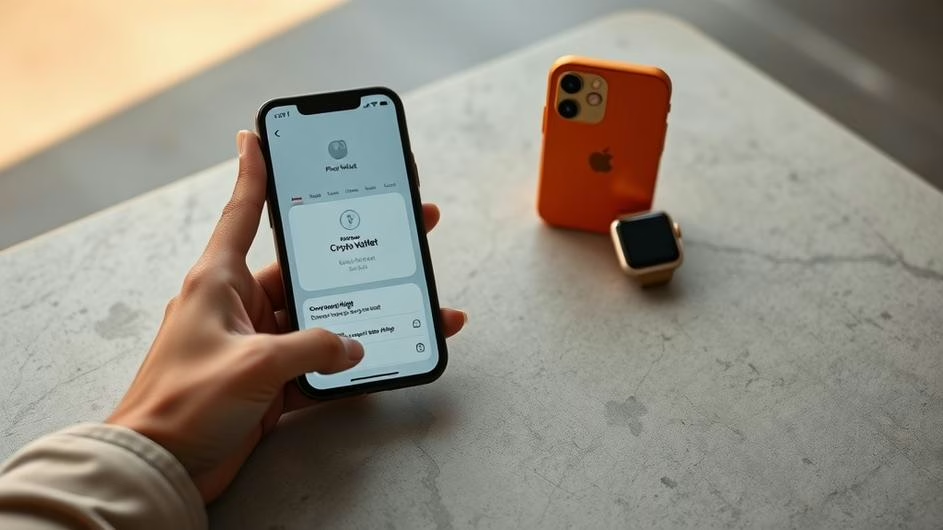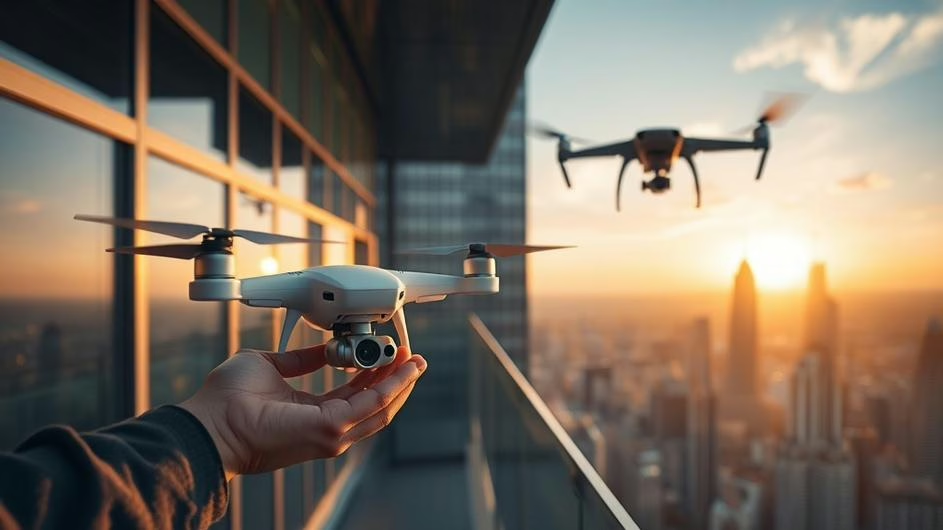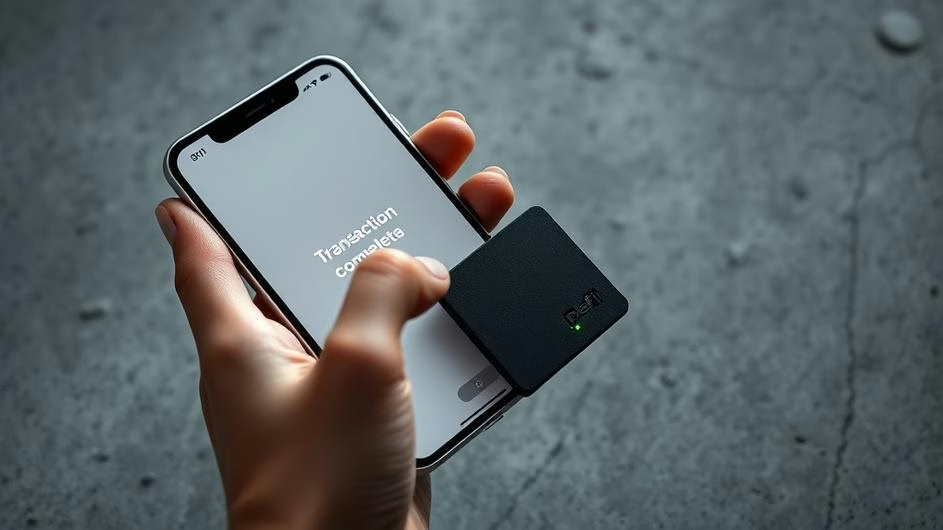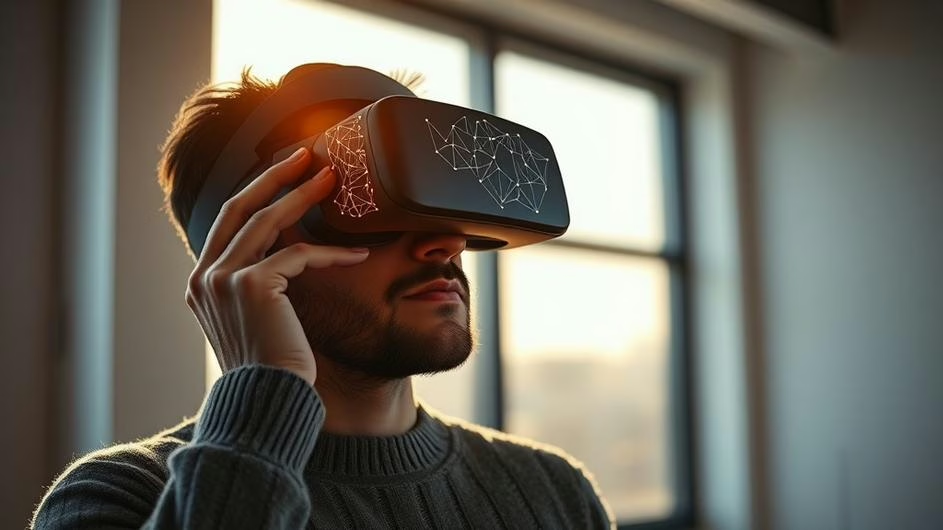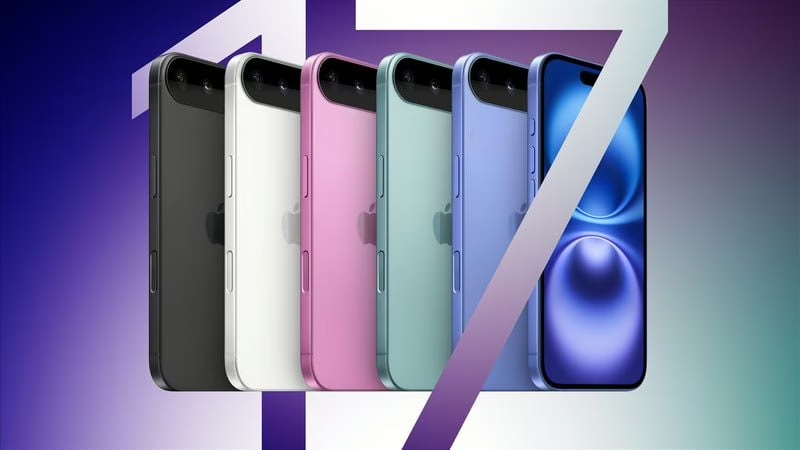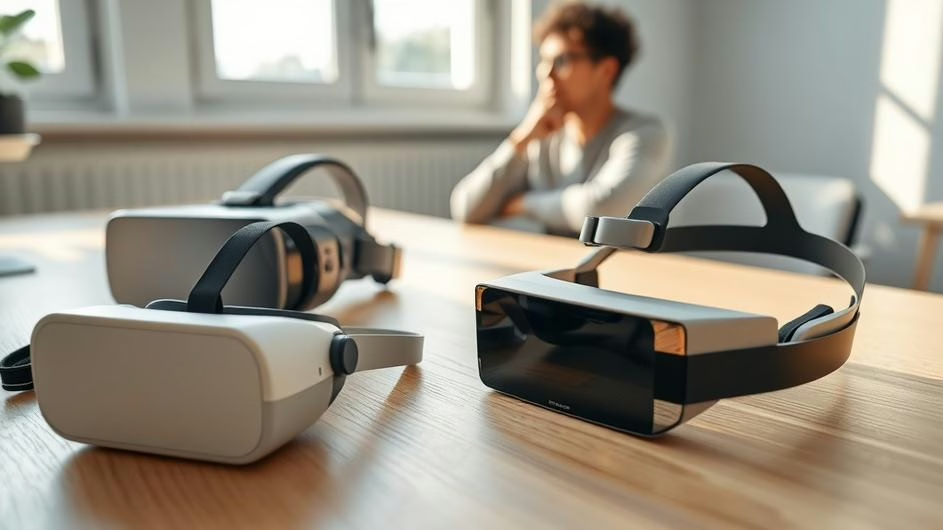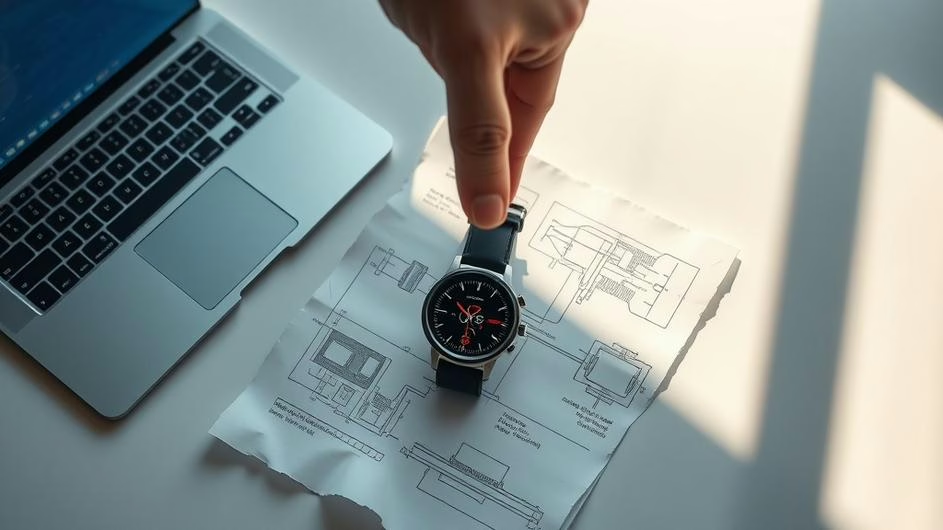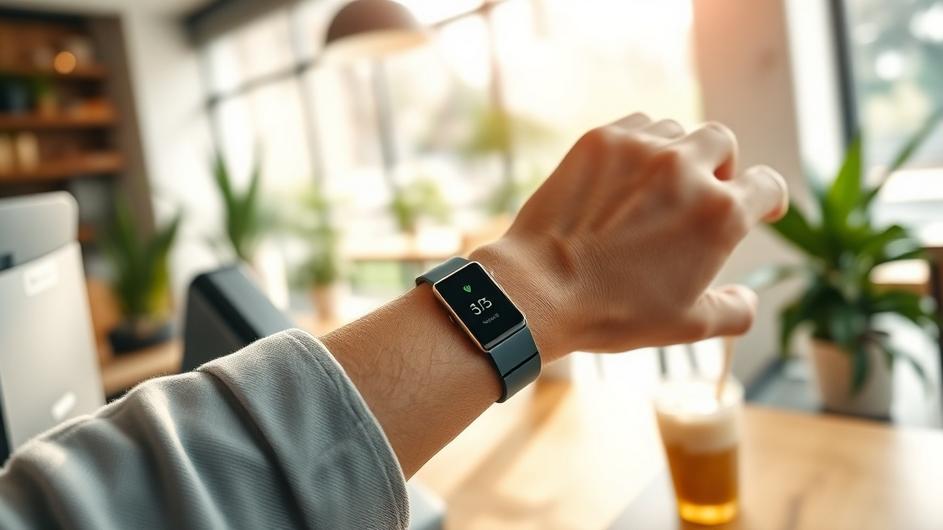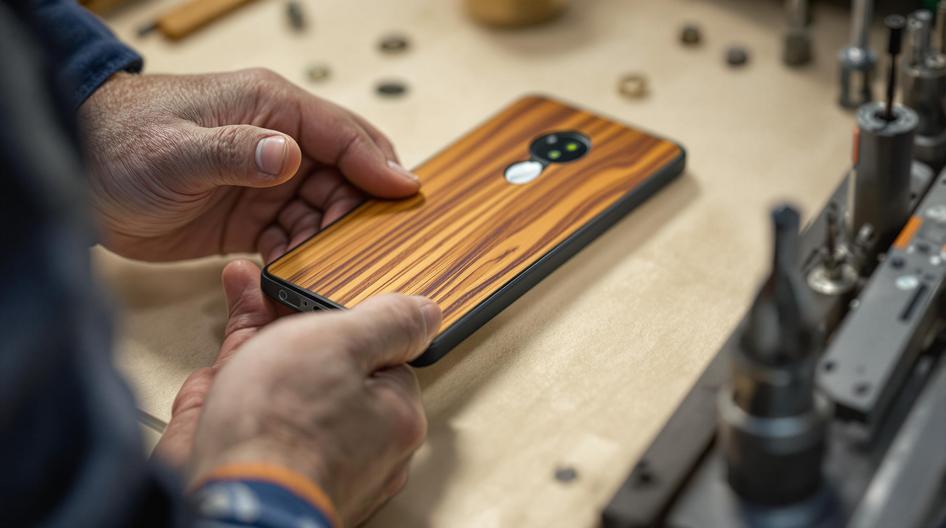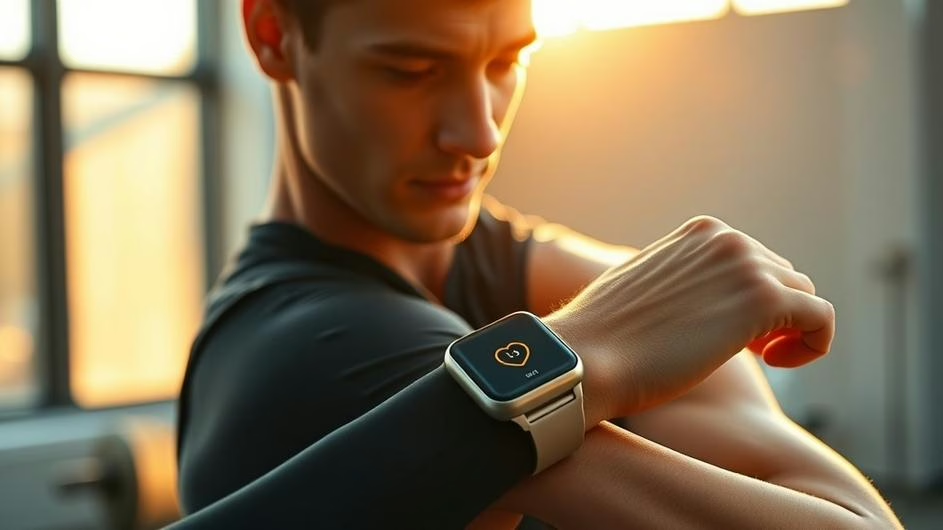
Smart Fitness Gadgets Are Quietly Changing the Future of Health and Web3
While everyone’s talking about AI and crypto, there’s a quieter revolution happening right on our wrists and in our pockets. Smart fitness gadgets aren’t just counting steps anymore. They’re building the foundation for something much bigger: a world where your health data becomes your digital asset, and staying fit could literally pay you back.
The latest wave of wearable technology is different. We’re seeing fitness trackers, smartwatches, high-tech massage devices, and even robotic shoes that don’t just monitor your health, they’re creating data streams that could plug directly into blockchain networks and Web3 applications. What makes this shift significant? These devices are starting to intersect with financial systems in ways we’ve never seen before.
Take Amazon’s expanding list of HSA and FSA eligible products. Health savings accounts now cover tech that was once considered luxury gadgets. Smart scales, blood pressure monitors, and advanced fitness trackers like the Oura Ring can now be purchased with pre-tax dollars. This isn’t just about saving money, it’s about legitimizing preventative health tech within our financial infrastructure.
The implications run deeper than you might think. When health devices become HSA-eligible, they’re essentially being recognized as medical tools. That opens doors for blockchain-based health records and tokenized medical data. Imagine a future where your fitness tracker data becomes a verifiable credential for insurance discounts or unlocks exclusive health-focused DeFi protocols.
Personal Trainers Are Pushing the Data Revolution
Fitness professionals have become unexpected advocates for the quantified self movement. Personal trainers are recommending tech not just for elite athletes, but for regular people who want to eliminate guesswork from their wellness routines. The ability to track heart rate variability, sleep patterns, and recovery metrics in real-time creates consistency that manual tracking can’t match.
This data-driven approach to fitness aligns perfectly with blockchain’s core value proposition: verifiable, tamper-proof records. Your smartwatch doesn’t just tell you how many calories you burned, it creates a permanent record that could be stored on-chain. That data could power smart contracts for health insurance, unlock rewards in fitness-focused crypto ecosystems, or even serve as proof-of-activity for Web3 applications.
Nike’s Robotic Revolution Goes Beyond Performance
Nike’s Project Amplify represents more than just better athletic gear. Nike’s robotic-powered shoes embed sensors and automation directly into footwear, creating another layer of biometric feedback. Think of it like the electric bike revolution, but for your feet.
What’s fascinating isn’t just the performance boost. These shoes generate continuous data streams about your movement, gait, and effort levels. In a Web3 context, this data becomes incredibly valuable. We could see “proof-of-activity” tokens that reward verified movement, or health-focused DeFi protocols that adjust your rates based on actual fitness data rather than self-reported metrics.
The democratization aspect matters too. Nike isn’t targeting just professional athletes, they’re bringing robotic precision to everyday consumers. This mass-market approach creates the user base necessary for AI-driven health applications and crypto reward systems to actually take off.
Accessibility Is Accelerating Adoption
The pricing barrier that once kept smart fitness tech exclusive is crumbling fast. Garmin’s Forerunner 55 GPS smartwatch is now available at near-giveaway prices, making advanced fitness tracking accessible to practically anyone.
This accessibility explosion is crucial for Web3 adoption. The more people who have fitness trackers generating data, the larger the potential user base for blockchain-based health applications. Mass adoption of wearables creates the network effects needed for crypto wallets integrated with health metrics, NFT-based achievement systems, or tokenized wellness programs to succeed.
As costs drop and features improve, we’re seeing the foundation for a new kind of digital economy built around verified health and fitness data. Fitness tech recommendations from professionals now consistently include devices that could easily integrate with future blockchain networks.
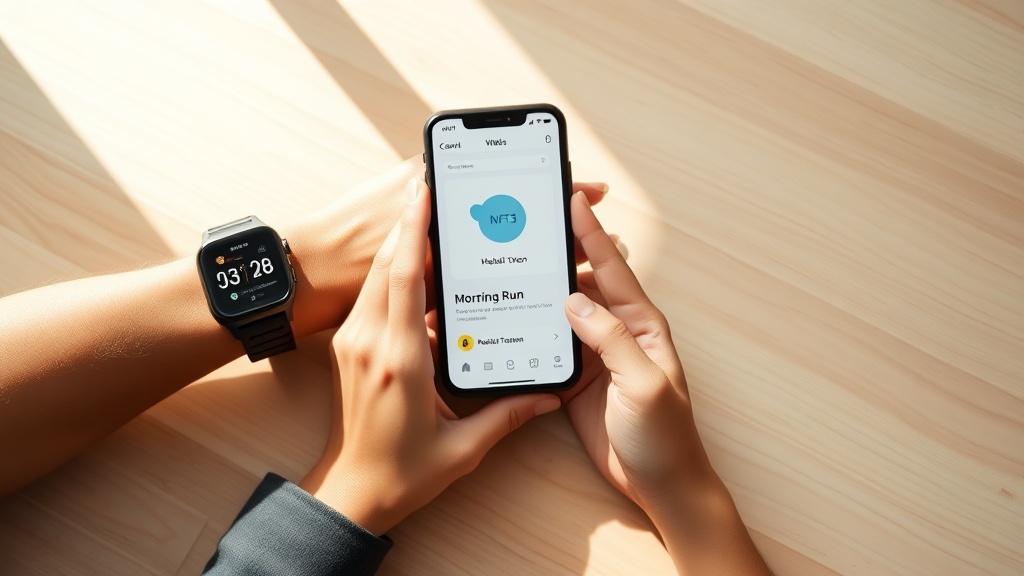
The Bigger Picture: Data Ownership Meets Financial Innovation
What we’re witnessing isn’t just a gadget trend. It’s the early stages of a fundamental shift in how health data, personal ownership, and financial systems intersect. Smart fitness devices are becoming the on-ramps to a world where your biometric information is actually yours to control and potentially monetize.
The sensors flooding today’s market aren’t isolated data collectors. They’re building blocks for decentralized health applications, tokenized identity systems, and seamless connections between physical activity and financial outcomes. As people become more comfortable sharing health data on their own terms, blockchain platforms are positioning themselves to authenticate, secure, and even monetize these data streams while preserving privacy.
Looking ahead, the integration between lifestyle tech and decentralized platforms will only deepen. Tomorrow’s fitness tracker might not just monitor your progress, it could unlock insurance approvals, power new lending protocols, or grant access to exclusive Web3 communities based on verified achievements.
In an industry where innovation, credibility, and real-world utility drive value, smart fitness tech isn’t just making us healthier. It’s building the infrastructure for a future where your daily activities become part of your digital identity and financial portfolio.
Sources:
- You can use your HSA to shop these surprising Amazon products – Fox News, 20 Oct 2025
- I Asked Personal Trainers: What Is the One Piece of Fitness Tech You Can’t Stop Recommending? – CNET, 23 Oct 2025
- 5 Pieces of Fitness Tech Personal Trainers Recommend for Your Well-Being – CNET, 18 Oct 2025
- Nike Unveils Robotic-Powered Footwear System for Everyone – CNET, 23 Oct 2025
- Garmin Clears Out Forerunner 55 GPS Smartwatch at Almost Free While Apple Keeps Its Prices High – Gizmodo, 20 Oct 2025


